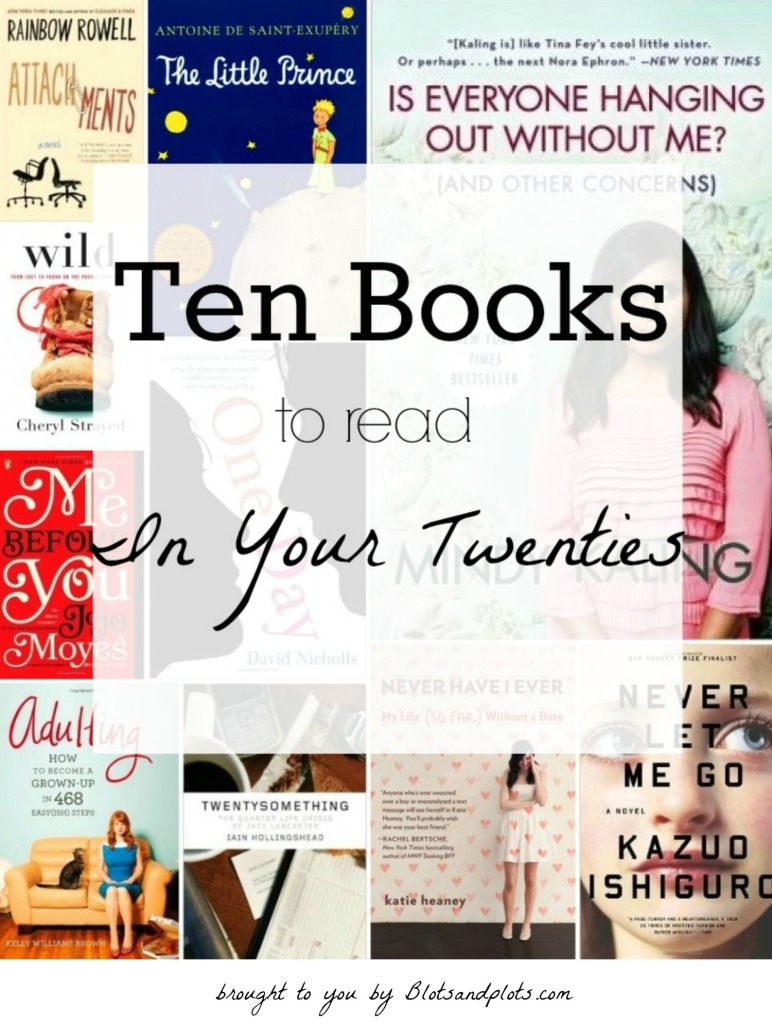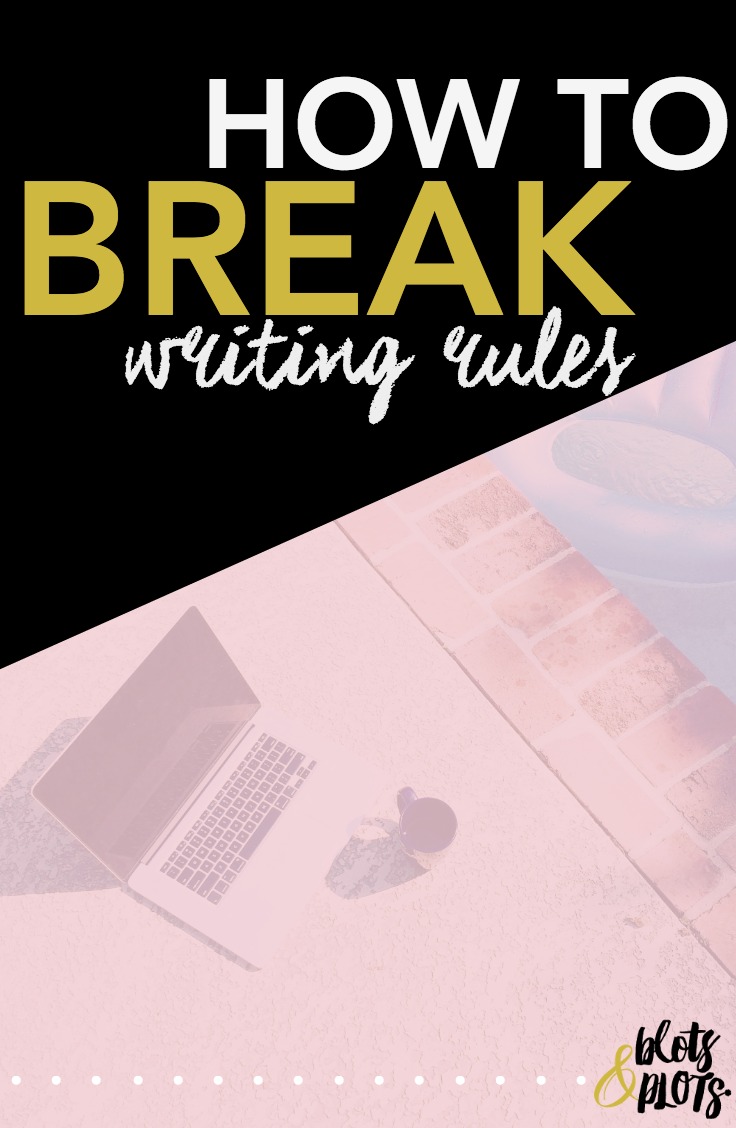We did it, everybody! We reached 2,000 followers on Twitter. And I wanted to do something special for everyone, to thank you for being a part of this crazy writing journey of mine. So today, drumroll please, I'm releasing the first 2,000 words of my novel, These are the Moments. Well, actually the first 2,489 words. That's right! You get a bonus. I figured that cutting the second chapter in half would be a little too cruel, and probably wouldn't make much sense, so there you are. The first two chapters. They're mostly edited, not professionally by anyone yet. I'm so excited for you to read it. Really. I'm biting my fingernails over here.
And without further adieu, These are the Moments, Chapters One and Two…. rhyming unintentional….
**For an easier read, here's the link to the PDF: These are the Moments
Chapter One
now
He asked her to bring confetti. And maybe streamers. And could she please be ready for 11:11 sharp?
Owen didn’t sound nervous exactly. Wendy thought he sounded the way a puppy looked, all anxious and excited. Pick me, hold me, love me. In a way, this was the best thing he might ever do. Making Vivian an honest woman, and all that archaic ridiculousness. In another way, it was the lastthing he might ever do. In the metaphorical, death-to-single-life sense.
Vivian texted her at 9:52: “In the bathroom. Owen spilled two glasses of water. Called the 16 y-old waitress ‘ma’am.’ He’s proposing. Confirm or deny?”
Wendy, mid-checkout, replied: “Not at liberty to say.”
It was one of those rare summer nights, when the veil of sticky Louisiana heat lifted, the weight of humidity sitting up from her lungs. Wendy Lake drove to LSU campus, thinking about Vivian, thinking about Owen, trying not to think about anything else. She could picture them married. She just couldn’t picture them married right now.
10:36.
When you’re the best friend of the soon-to-be betrothed, you start to remember all kinds of nostalgic garbage. Most people think about the fuzzy stuff. Wendy thought about Vivian in all of her embarrassing, non-marriage material phases. Like that time that she mooned the basketball team in the sixth grade. Or that time she released a horde of lizards in Mr. Holling’s classroom.
Marriage is weird, she thought.
When she pulled into the parking spot, it felt strange to be back at school, at night, with no one around. Two years ago, she’d be at a bar. She would crash at a friend’s place and sleep until noon. She would drink beer, even though she hated it. And now? Now she was just a visitor.
10:47.
Reese and her boyfriend Ben draped the streamers from the oak trees on either side of the bell tower. He played on his phone while she strung the thin, wrinkling paper over the branches.
“Pass me the pink,” Reese said.
“Say please,” Ben said.
“Bite me.”
Wendy handed Reese the streamer.
“Thank you. Someone has manners,” Reese said cuttingly. Ben kept texting.
Wendy walked away, shaking her head. She was used to this.
10:56.
At night, the bell tower glowed under spotlights. It was creepy but beautiful, drawing it out from the otherwise deep, dark backdrop. Points to Owen for creativity. Negative points for mosquitos.
The three of them camped on the opposite side, waiting for the almost fiancés to make their appearance.
“Okay, so how are we supposed to just know when to jump out and throw this at her, again?” Reese asked.
Reese wasn’t holding the confetti. Ben held her share in his big, bear hands. She slumped on the stairs, fooling with her nose ring.
“Well, I assume it’s after the whole ‘Will you marry me/Yes’ part of the deal,” Ben answered.
“And if she doesn’t say yes?” Reese asked, just to have something to say.
No chance.
“I wish I had a cigarette,” Reese groaned.
“You don’t smoke,” Wendy said.
“Correction: I didn’t smoke.”
“Aren’t you a little old for new bad habits?”
“We’re twenty-four. You’re not old until you’re dead.”
Twenty-four. It sounded so adult. Just last week, Wendy had told someone that she was twenty-three. Not because she was lying. She just forgot.
“This is so dumb,” Ben breathed.
“What’s dumb?” Reese asked.
“This. Them.”
Reese rolled her shoulders back. “What, getting engaged?”
“That. Getting married before thirty. Just so dumb.”
That got Reese’s attention. “Thirty? You don’t want to get married until you’re thirty?”
“Maybe twenty-nine. Definitely not before twenty-eight. Twenty-four? That’s just crazy.”
“I know people who were married and parents years ago,” Reese countered.
“Jesus, don’t get me started on kids.”
That’s when Wendy noticed the cicada sound. A melodramatic buzz coming from the trees. It was always background noise until there was nothing better to listen to, until she wanted to un-listen to the conversation around her.
Reese kept talking. “Question. Do you want my eggs to dry up? That’s the risk you’re taking. An eggless wife.”
“Think your biology’s a little off there,” Ben said. “My point is that Owen and Vivian are too young. Think about it. I mean, really picture it. Owen? Married? Tell her I’m right, Wendy.”
They both looked to her.
If anyone had a good grasp on the credibility of this upcoming, most likely marriage, it was Wendy. Vivian had been her first friend, the small bobble-headed baby she met just a day after she was born. Wendy liked to think they knew what was best for each other. And, shock of all shocks, Owen seemed to fit that. Owen, who would always be the goofy kid on the bus.
Ten years ago.
That was hard to believe.
Wendy wanted to be positive, but she couldn’t help feeling that everyone around her was so panicked about getting older that they were rushing into “things adults are supposed to do.” It was as if everyone was just checking off to-do’s from a universal list. Job? Check. Girlfriend? Check. Proposal? Marriage? Check and check.
“I don’t know,” she said, meaning it, “It’s stupid, sure. But it’s not my life.”
11:01.
They heard Vivian’s laugh first.
Wendy peeked around the building. Owen’s stiff arms pushed his shoulders all the way up to his ears; but he looked nice and clean, his sable hair pushed to one side. Vivian, as always, looked perfect. She wore a white and gold, polka dot dress, her chopped blonde hair tucked behind her ears.
Wendy grabbed for Reese, pulling her up to see.
When your best friend is minutes from engagement, there are a number of appropriate responses. Crying. Clapping. Squealing. A range of reactions, a wave of emotions. What you don’t want to do, what you really try your best to avoid, is thinking what this means for you.
If Wendy started thinking about herself now, she’d have to think about him. And she never thought about him anymore.
“She looks gorgeous,” Reese whispered, cupping onto Wendy’s hand.
They were too far away to actually hear anything, but when Owen knelt down, a collective gasp sucked through their mouths. Vivian sniffled, but in the charming kind of way, as if it were clipped straight out of a bridal magazine. Owen’s hand shook as he slipped the ring onto her finger.
11:11.
“Ok, everybody!” he shouted.
Wendy swallowed. This was it. This was that moment.
The three of them charged from behind the bell tower, throwing fistfuls of paper into the air.
Chapter Two
then
Vivian was gone. She didn’t say goodbye, because she wasn’t good with sad or sappy, so instead she’d given Wendy a wave from the backseat and a text that said, “See ya later.”
Wendy moped, and when she moped, she devoted her entire being to it. She didn’t let her mom take her shopping for school supplies. She wouldn’t try on her new uniforms. She found that sitting around feeling sorry for herself suited her much better, thank you very much.
“You should take a trip,” Mom had said.
“A trip?” Wendy mumbled, zombie-like from her throne of wallowing. She was an A+ wallower.
“Yeah,” Mom said, sliding the flyer into Wendy’s lap, “A trip.”
For Wendy, vacations meant beaches with white sand. Maybe a book and a virgin margarita. This flyer read, “ANNUAL CATHOLIC CHARISMATIC RETREAT.” It sounded like a spa or a rehab or something. Like Mom was trying to send her away to get all whole and healed.
“This isn’t a trip, Mom. This is therapy.”
Yet there she was, sitting on a bus, shivering under a blast of cold air and hating everything. Well, not everything. She liked the t-shirts all the other kids wore, the ones that said, “God Kid” and “Jesus Saves.” She especially liked the one the girl with the bright orange - yes, orange - hair had. It read: “Mary is My Homegirl.”
Wendy liked the laughing, the way that people went out of their way to say hello to her, and she liked that she was leaving home. She’d never done the summer camp thing. She’d never even spent a weekend away from home. It made her feel like she was grabbing onto high school with both hands and giving it a good kick in the stomach.
Really, the only thing she didn’t like about this whole situation was the fact that she liked it at all.
“Anyone sitting here?”
The girl with the bright orange braid didn’t wait for an answer. She plopped down beside Wendy, smacking gum in her face. She didn’t wear a speck of makeup, but she looked fresh and unnaturally awake for 7 am.
“Reese Weller,” the girl said, tucking her bag beneath the seat, “This your first retreat?”
“Yeah, you?” Wendy asked.
“Second. It’s awesome; you’ll love it,” she pointed at Wendy, “Homeschooled?”
This was a theme. Homeschooled = religious.
“No. I’m headed to St. Stephen’s in the fall.”
The girl’s eyes bugged open. “Me too. I’ve never been to Catholic school before. Mom’s kind of freaked by my whole God deal now. She’s a hippie. I think she’s coming around to it, though. She says that I’m religious in the cool, doesn’t-make-you-want-to-puke kind of way.”
“Good to know,” Wendy said.
Wendy and God were cool. He was like a favorite pillow, that place she could lay down her thoughts at night. God was God. She didn’t question that.
“I’m Wendy Lake.”
Reese nodded. “Come on. I’ll go introduce you to everybody.”
At the front of the bus, a small group huddled over the aisle. All of them shouting, ignoring the shushing of chaperones.
“CHEATER!” someone yelled.
“Are you kidding? That was pure skill.”
“Skill? You’re crazy.”
Reese draped herself over the seat on the edge of the group. “What are y’all doing?”
“Thumb wrestling competition,” the nearest girl answered.
“THE SCORES ARE AS FOLLOWS,” the boy standing before the group bellowed. He wore a crumpled flannel button-down over a gray t-shirt, his hair a streak of jet black across his forehead. “Simon’s in the lead with six wins, I am rivaling with a close four, and girls you are irrelevant.”
“That’s mean,” a blonde girl with big, beady eyes whined.
“Nevertheless,” said the leader. He looked up, saw Wendy and paused. Lifting his eyebrows, he said, “Looks like we have some fresh meat. Fresh thumbs, if you will. What’s your name, Freckle Girl?”
Wendy pointed at herself. He nodded. “Wendy Lake.”
“Miss Wendy Lake, what’s your thumb wrestling experience level?”
Everybody looked to her, including a blonde boy situated between two girls in a nearby row. He was the only one who stared directly into her eyes. Completely unapologetic. Staggeringly serious.
“I’d say fairly below average,” she answered.
“Excellent. That’s what we like to hear.”
The leader, Owen Landry, paired Wendy with the irrelevant blonde girl. She smiled at Wendy with half of her face, her dry lips breaking, releasing tiny droplets of blood.
“Ok, Freckle Girl versus Blondie. Freckle Girl, should you win, you will advance through the bracket. Blondie, should you lose, well, you’re still irrelevant.”
The serious boy interjected, “Ok, Owen, enough speech-making. Girls. Ready?”
Irrelevant girl/Blondie cupped her hand through Wendy’s, digging her nails into the skin just slightly. The serious boy counted them off.
Blondie used her thumb like a noodle, throwing it around spastically, right, left, circles. Wendy jabbed. Blondie dodged. Wendy jabbed again. Blondie did that thing girls like to do, where they squeal and yelp, because they think it’s cute, because they think boys like it. Wendy rolled her eyes.
“Stop being a coward, Blondie,” Owen said.
Beating Blondie didn’t take long. Eventually, her thumb cramped from all the flailing, and Wendy pinned her with the ease of cracking a knuckle.
“Nice work, Freckle Girl. You advance. Reese?” Owen said, applauding.
“I’m more of an observer, thanks,” Reese said.
Owen rolled his eyes and called her a fascist. He recovered quickly, pairing Wendy with the other girl sitting beside the blonde boy. This girl, called Redhead, switched seats with Blondie. The serious boy, unfazed by the switch, chatted up Blondie, who tossed her hair and hyena-laughed at his every word.
Unbelievable, Wendy thought.
Redhead didn’t flail so much as she evaded, overusing the Rabbit Hole trick, and racking up penalties. She winced through the whole game and said things like oh, close one and near miss, as if this were a serious competition.
After the fifth penalty, Owen said, “Okay, enough. Redhead, you’re disqualified. Simon, you’re up.”
“How am I already up?” the serious boy said, propping himself up on the seat, “Shouldn’t she play you first?”
“Are you questioning the bracket? Need me to walk you through it?” Owen asked.
Simon didn’t take very well to this. On the one hand, it looked like he didn’t enjoy being called out, didn’t like to be wrong. On the other, Wendy doubted he would back down from a fight.
Simon shrugged. “Well, she’s going to lose anyway. Might as well be to a professional.”
He talked about Wendy like she wasn’t sitting right across from him.
Now that he was in front of her, Wendy noticed all of the little things about him. Like when he smiled, his ears lifted a little. And she could read his tee-shirt now: St. Francis Raiders. St. Francis. The boys’ high school. But what she noticed the most, what she actively told herself to not look at, were how deep his eyes were up-close. The hooded blue of them bore into her, from behind layers and layers of eyes. It was beautiful. And unnerving.
“You look young,” he said, leaning into her, “How old are you? Freshman.”
It wasn’t a question. “Yeah, I guess.”
“You guess that you’re young or you guess that you’re a freshman?”
She sat up, totally straight, as if this would give her some advantage. “I’ll be a freshman this fall.”
“Didn’t exactly answer the question, but okay,” he said, smiling, “Man. You’re just a baby.”
“I’m fourteen. I’m not a baby.” Wendy narrowed her eyes at him. She could sense everyone looking.
“Sure you are.”
She folded her arms, glaring. “How old are you?”
“Almost sixteen.”
Owen cut them off before Wendy could get a good laugh in Simon’s face. “Okay, enough enough enough. Quit babbling and start battling. Ready, set, go!”
Wendy didn’t consider herself a competitive person. But she couldn’t help but want to humiliate this boy in front of her. To be the one to knock that arrogant smile right off of his face. To make him say, “Hmm. I underestimated you.” Because he had. He really had.






